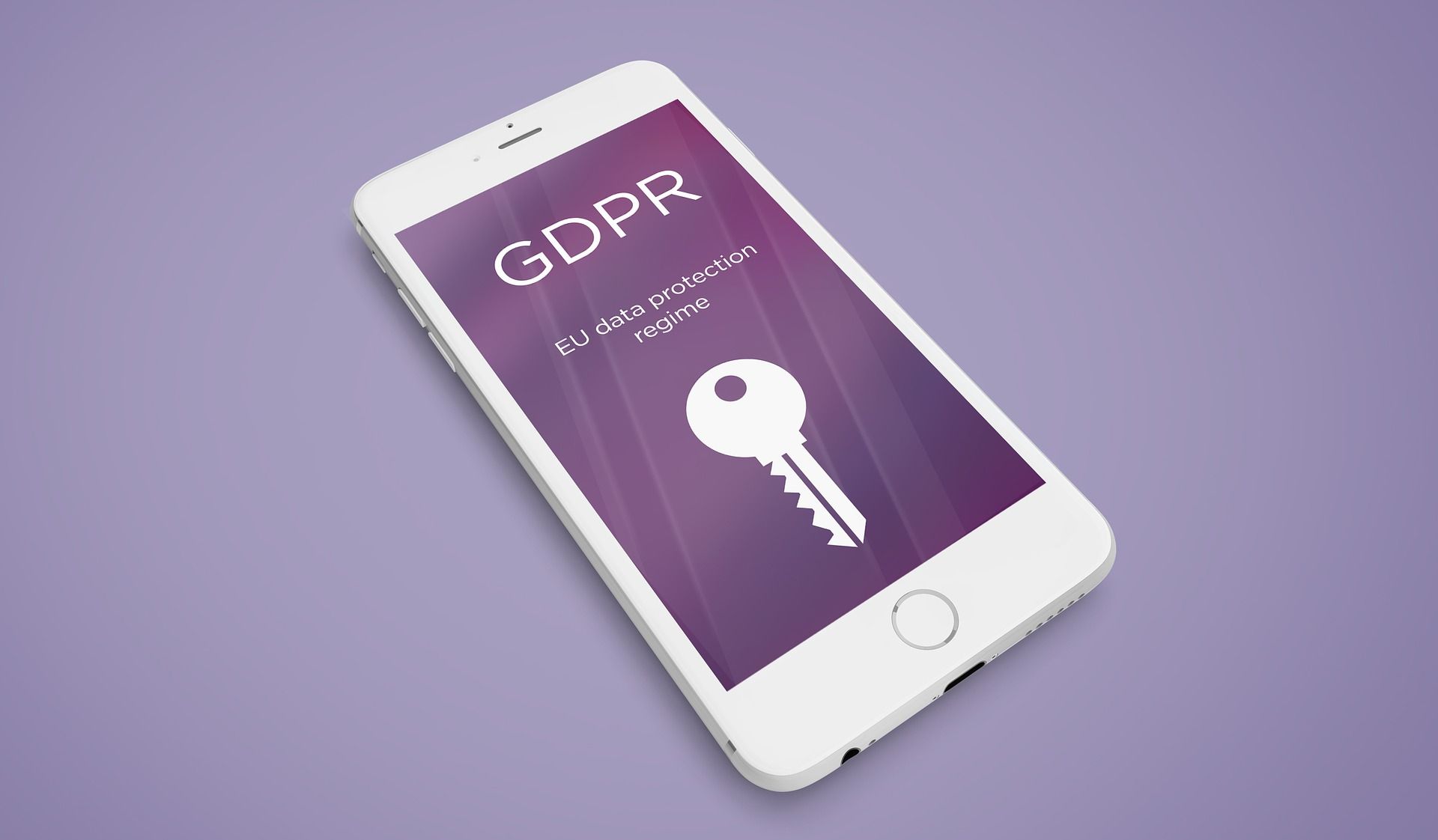Key Takeaways
- Session cookies are temporary pieces of data stored by websites on your device during a browsing session, and they are deleted once you close your browser, enhancing security and privacy.
- Session cookies store information related to your session, such as items in your shopping cart or whether you're logged into an account, allowing you to browse a website without having to re-enter or re-do things.
- Session cookies are considered "strictly necessary" under GDPR and usually do not require consent, although some session cookies may not be essential and could be subject to different regulations. It's best to consult with a lawyer regarding a specific website's cookies.
The internet is a core part of our lives, yet some of the terms related to the internet browsing experience can be confusing. There are many terms you need to be aware of if you want to keep yourself safe online. One of the most important and frequently floated around is the concept of session cookies. They are not actual cookies you can eat, after all, and they are not the same thing as regular cookies, so here's everything you need to know about those session cookies.
What Are Session Cookies?
The concept of session cookies is pretty straightforward. Session cookies, also known as temporary cookies or in-memory cookies, are small pieces of data that websites store on a user's computer or device during a browsing session. It's one of many kinds of cookies that are produced by websites and stored and used by your browser.
Regular cookies or "persistent" cookies, which are the ones that are typically deleted after clicking the "delete data" button in a site's settings within your browser, are stored on your device for a specified period. On the other hand, session cookies are temporary and deleted from the user's device after they close their web browser.
The fact that session cookies are temporary and are designed to be deleted once you close your browser is very important and can't be stressed enough. This temporary nature enhances security and privacy since no long-term record of your online activities is stored on your device. As such, it's the kind of cookie that's usually used for sensitive stuff and keeping stuff around during browsing sessions as a guest if you're not logged in and have no user settings to pull from.
How Do Session Cookies Work?
Basically, a session cookie is essential for temporarily storing information about your session on a website, especially if you're a guest. When you visit a website, the server hosting the website responds to your browser. This response often includes instructions to create a session cookie. If it's created, the browser creates a unique session cookie for that particular session, which is stored in your RAM (temporary memory) rather than on your regular storage like regular cookies.
That session cookie will store information related to your session, such as items in your shopping cart, if you're a guest, or whether or not you're authenticated and logged into an account at a website. Once you're done browsing through a website and want to close the browser, closing the browser will delete the session cookie. Then, if you open the website again and don't pick up any regular cookies on the way (more on this later), the session should be a blank slate, exactly like the first time you opened the website.
Session cookies are important since they let you do stuff on a website without having to re-enter information or re-do things on every page reload. They are, basically, your session on a website. One fact that we should highlight is that they can be occasionally dangerous since "session hijacking" can take place on compromised devices, where an attacker can steal session cookies and get on a website using your session—no need to get your password or compromise your login data. It's something that users need to look out for, as it's a big source of hacks.
What Are Session Cookies Used For?
Session cookies are used for basically everything since websites use them to manage user sessions. Session cookies help a website recognize you as the same user as you navigate different pages, keeping you from repeatedly re-entering or re-doing stuff.
Things like shopping data for guests (items in a cart, checkout information) are managed using session cookies, and so is form data—if you need to fill out multiple pages of a form, the data you've already entered can be stored in a session cookie, ensuring you don't have to re-enter it if you navigate away from the page and then come back. Websites also use session cookies to remember your preferences or settings during your visit. For instance, a website might offer you the option to change the layout, theme, or site language temporarily, and this choice would be stored in a session cookie.
Since session cookies are temporary, they often work together with regular cookies. For example, a session cookie will keep you logged in after you enter your website and password, but that login will be gone after you close the browser. If you want to store your login details so you're logged in through multiple sessions, you'll need to create a regular cookie, which will be stored for as long as you want.
Session Cookies vs. Persistent Cookies vs. Browser Cookies
As you probably have realized by this point, there are different types of cookies. As we've explained, session cookies are temporary and go away after closing your browser. Persistent cookies are used for things you want to keep throughout multiple sessions, such as login data after you've hit "Remember me" on the login screen, and are kept longer than session cookies.
The term "browser cookies" actually encompasses both session cookies and persistent cookies under a single umbrella, although the term is more commonly used for the persistent kind.
Is Consent Required for Session Cookies?
As it turns out, session cookies might actually be exempt from most regulations. They are classified as "strictly necessary" cookies under the General Data Protection Regulation (GDPR), the online law applicable to the European Union and the United Kingdom. Since session cookies are essential for websites to work, it is generally established that consent is not needed for them.
Then again, this is muddy territory, and some session cookies might actually not classify as essential due to the kind of stuff they handle and how they can be traced back to you. It really depends on the website. If you have doubts about a website's cookies, you should consult with a lawyer.
Session Cookies Explained
Session cookies are everywhere, and they're an essential part of our internet browsing experience. They are used for all kinds of stuff, usually in tandem with regular persistent cookies, and they're what make a website function without reloading over and over. We hope you've learned everything there is to know about them.






